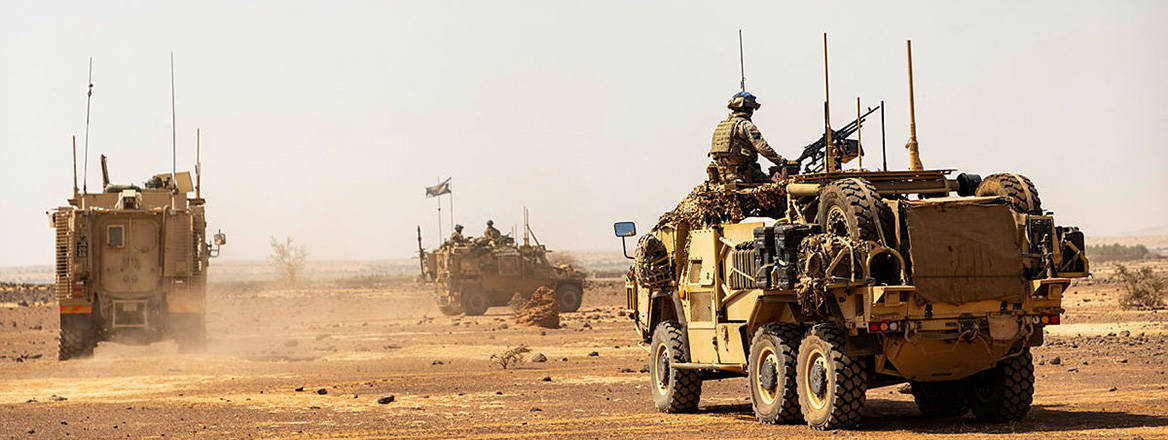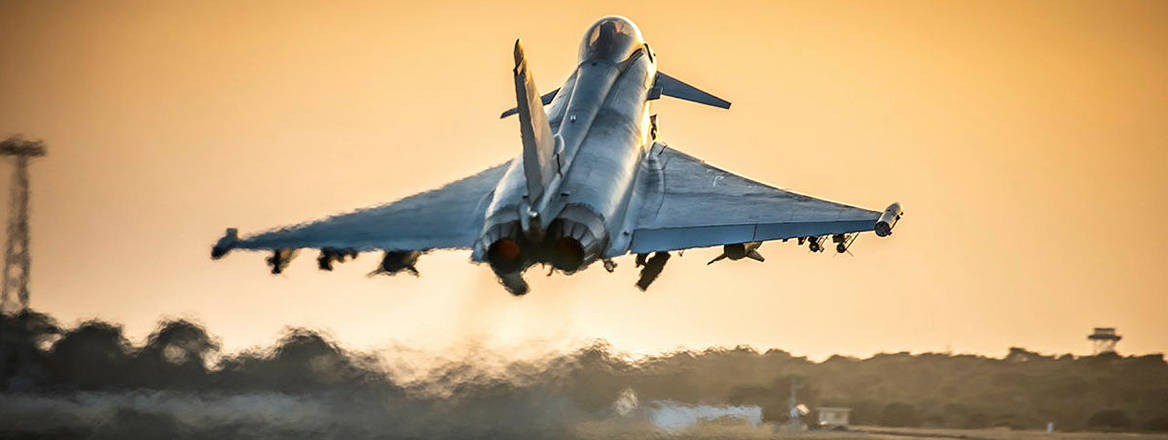Academic Portfolio
This website contains links and full-text PDFs for all published work by Jack Duffield.

Air Intelligence at War
Air Historical Branch, 2025
In 1946, the Royal Air Force compiled the insights of more than 15 serving Intelligence Officers into a historical record of Air Intelligence during the Second World War. Kept under seal for more than 75 years, it has now been declassified, edited and published for the first time as a complete official history. With a foreword from the modern-day Head of Air Intelligence, this book is freely available for the benefit of researchers, enthusiasts and professionals alike.

Overcoming Anglocentrism in Covert Action Scholarship
Intelligence and National Security, 2025
The degree of focus on Western states, and the US and UK in particular, in scholarship of covert action is shown through a systematic literature review to exceed baseline levels for international relations and the social sciences. Conceptual biases built around this Anglocentrism are a previously unrecognised factor driving this issue, requiring a composite approach to analysis to overcome, alongside traditional measures.

Why do states choose covert action?
Intelligence and National Security, 2025
Drawing on narratology and securitisation theory, a narrative approach can be used to argue that states choose covert action for entirely narrative reasons, leveraging its unusual narrative characteristics. This challenges the rationalist, risk-led orthodoxy of the field and bridges gaps with wider international relations theory. A case study of Israeli covert action against Iran demonstrates the advantages of this approach compared to rationalist alternatives.

A narrative approach to analysis of covert action
Review of International Studies, 2025
Covert action is closely tied to the security narratives that shape state power. It is driven by these narratives and in turn influences them. Adopting a narrative-based approach to studying covert action resolves the paradox of 'implausible deniability' which limits existing risk-led approaches, and allows researchers to better detect, attribute and measure the effectiveness of covert action by non-Western states.

Analytic standards in the context of military intelligence
Air and Space Operations Review, 2024
Analytic standards are heavily skewed towards strategic intelligence environments. Below the strategic level, the focus of analytic standards shifts away from a rigour-led model to prioritise other attributes of effective intelligence analysis. In tactical military intelligence environments, accrediting analysts themselves rather than their products is the key to maintaining analytic standards.

Military intelligence as a dual professional identity
International Journal of Intelligence and Counterintelligence, 2024
The professional identity of military intelligence bridges organisational, procedural, and cultural gaps between military and intelligence organisations. The 'old joke' of military intelligence as an oxymoron masks the true nature of a profession which combines elements of both fields to achieve its objectives.

The 'Ukraine Model' for intelligence disclosure may not be the new normal
RUSI, 2023
The war in Ukraine heralded a new era of public engagement for Defence Intelligence. However, the Israel–Hamas war has demonstrated that it is not a silver bullet for countering disinformation.

The Sahel will define the next decade of counterterrorism operations
RUSI, 2023
Over the next 10 years the Sahel region will present an increasingly dangerous and complex terrorist threat. Managing this threat will require a combination of constant regional presence and focused interventions.

Ready to defend: the importance of a warfighter ethos for space power
Tedder Academy of Leadership, 2023
Military space power will benefit from a distinct warfighter ethos. The RAF ethos offers useful lessons, but ultimately this ethos must be shaped by the unique characteristics of space power.

The UK has reached a watershed moment in Syria
RUSI, 2023
High-profile conflicts elsewhere mean that the UK’s military presence in Syria has received little attention of late. However, ongoing shifts across the region mean a refresh of the UK’s approach may soon be necessary.